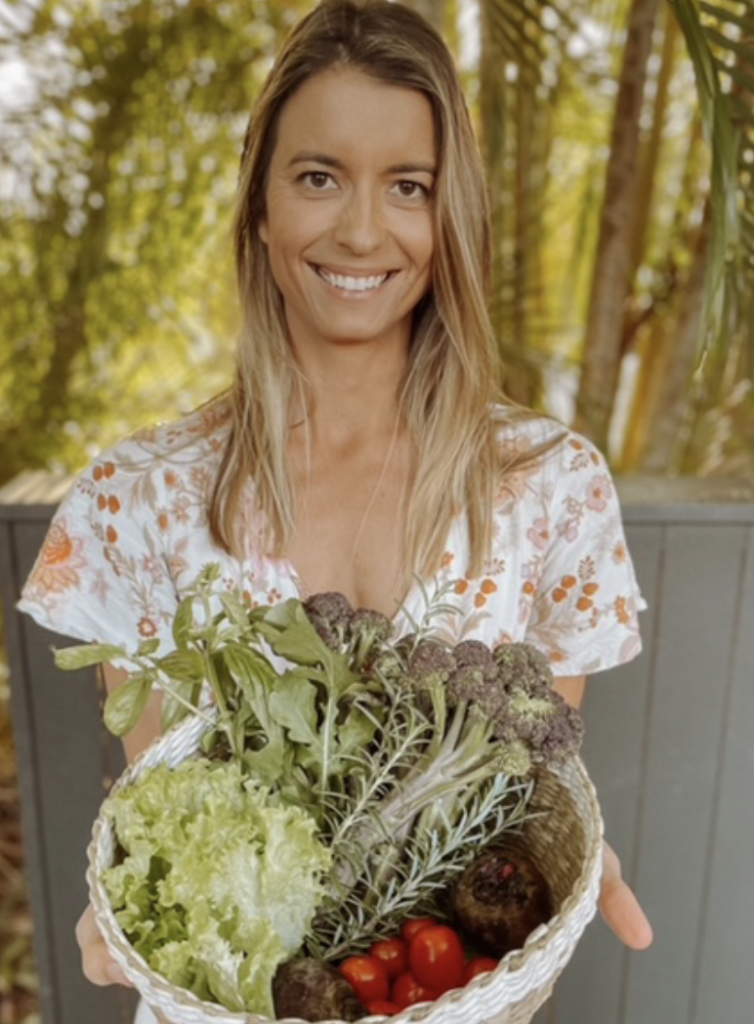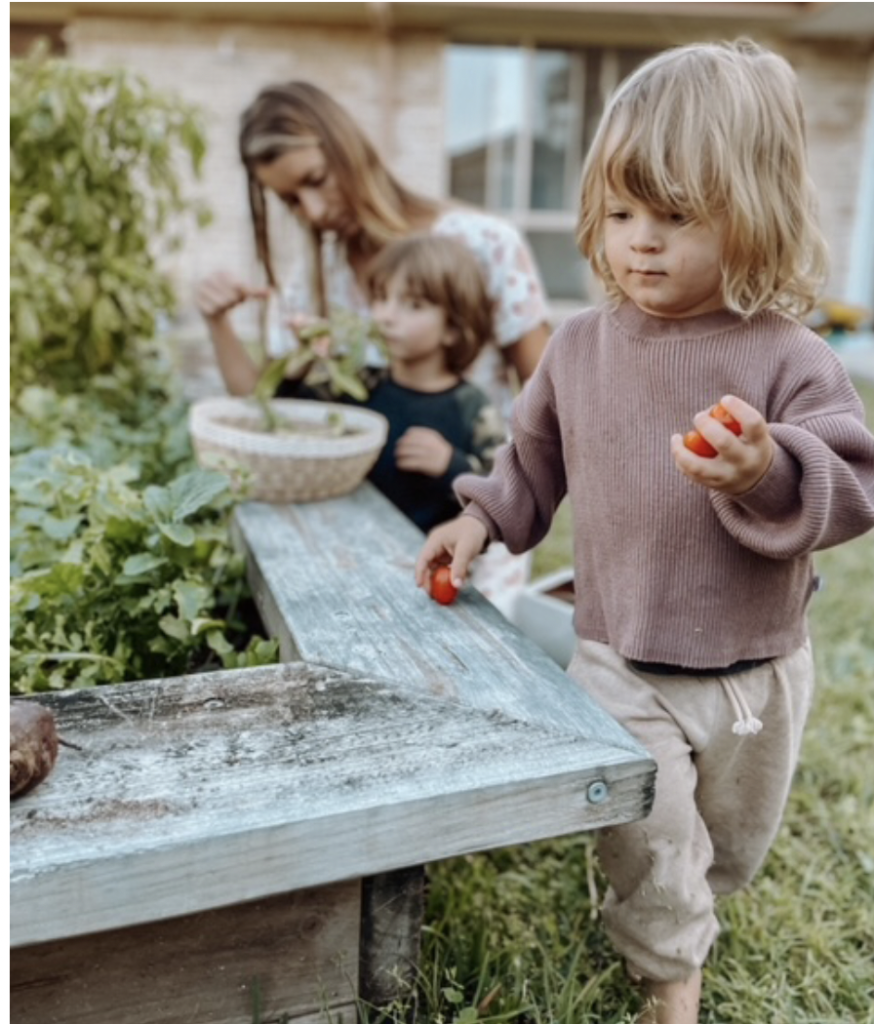The Challenge with Young Families
Words Sami Vardy
Photography Katy Arrowsmith
As a young girl, I learnt the importance of looking after our environment from my mum very early on in life. One of my most vivid memories from childhood is of being upset at the foods we were not allowed to have because of their packaging. All the kids at school had frozen poppers and tiny snack size Nutellas in their lunchboxes but any requests for these received a hard ‘no’ from my environmentally conscious mum. Avoiding foods and drinks with unnecessary packaging, along with the importance of reusing, recycling and reducing waste were key messages I received throughout my childhood.
Later in life I lived with a dear friend on Vancouver Island, Canada who taught me more about living sustainably and of how the foods that we choose to eat impact on the environment. I learned that choosing foods that are grown locally reduces our carbon footprint. It sounds so simple, but prior to this I had never bothered to stop and read the little sticker on the fruit or the label on the meat that says where it had come from!
Now in my professional life as a Paediatric Dietitian, I have worked with children in hospitals for over 10 years. I have seen many levels of eating differences and difficulties ranging from little ones who are simply fussy to children who are so averse to eating that they require feeding tubes to enable them to grow.
For some families, food and eating are significant sources of anxiety, making mealtimes stressful for both children and parents. When you’re in a state of stress, tasks like buying local produce, growing your own food, or reducing food waste can feel pointless. In fact, trying to minimise food waste may be counterproductive for dealing with picky eaters since one key approach is to keep exposing them to foods they dislike, which inevitably leads to some food wastage!
So where do we meet in the middle? Is it possible or worthwhile to even consider trying to eat sustainably while you are going through such a challenging period with your child and their eating? If your child is restricted in what they will eat, whether they are fussy eaters, or experiencing significant eating challenges related to neurodiversity, here are some things you can do to help them whilst still being conscious of our environment:
Grow your own veggies – whether you have plenty of land or an apartment with a balcony, get your kids involved with growing their food. Herbs, green leafy veg and tomatoes are simple to grow and you don’t need much space.
Get your child involved with prepping and cooking.
Bring your child along with you to the local farmers market. Let them see, smell, touch all of the seasonal fruits and vegetables on offer. Allow them to help you choose free range eggs and meat from local farmers.
Even if your child is a very long way from eating the fresh produce you are growing, purchasing or prepping, these activities are a great way to increase exposure and help improve your child’s relationship with these foods. It is also a wonderful way to teach your children about seasons and when certain foods grow. Without even thinking about it this will reduce your food bill, and reduce your footprint.
Get savvy with your leftover food to prevent waste. If you are constantly exposing your kids to veggies they rarely eat, day by day they will get a little closer to trying these foods. Until they do, instead of throwing away what’s not eaten, put them all into a container and use them to make frittatas or omelettes, pizzas or add eggs, flour and cheese to make savoury muffins!
If you are at your wits end and don’t have the energy to grow food or take your kids to the markets during this stage of your life–don’t worry! There are many other things you can do to help your family live sustainably.
Focus on making mealtimes positive, get the whole family around the table and connect with each other about how your day was, what were the highlights and the lowlights?
Try to reduce anxiety about what your child eats or doesn’t eat, as kids pick up on these feelings which may cause them to eat even less.
If you are worried about your child’s growth, or possible nutrient deficiencies, get in touch with a Paediatric Dietitian so that you can figure out exactly what is missing and replace it. This can help to reduce your worry around mealtimes which, in turn will help your child gradually build a positive relationship with food.
Sami Vardy is a Paediatric Dietitian at Nourished Kids for more information or to contact her visit www.nourishedkids.com.au .



